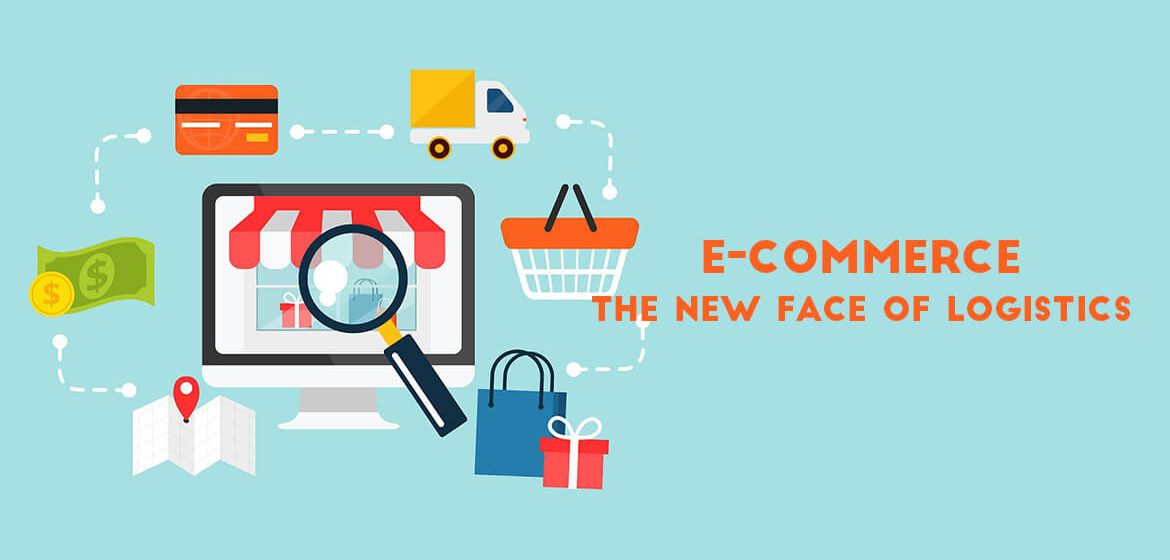Logistics has found its new best friend in e-commerce. This is especially true in the case of developing countries like India where a huge population shop online. Online shopping giants like Flipkart and Amazon have their own in-house logistics departments where personnel who have undergone logistics training are high in demand. With the rise in popularity of e-commerce websites, TransGlobe’s logistics training institute does its part by providing logistics courses and supply chain management courses as part of our logistics training to help individuals step into this fresh new world. Let’s see how logistics and e-commerce have propelled each other to their primes.
The nature of e-commerce demands a product delivery system. And the bigger the e-commerce system, the bigger has to be this delivery network. Many e-commerce websites have outsourced their logistics operation to third parties until they formed their own logistics network. There were two main reasons behind this paradigm shift:
- The necessity of having their own logistics network that works in well with their own business agenda.
- The cost involved in forming and running a logistics department which includes recruitment of personnel who have had logistics training from a reputed logistics training institute.
With technology breaking into the scene, the number of entrepreneurs turning to e-commerce has also taken a steep rise in recent years. With logistics becoming a part of e-commerce, modern applications like real-time tracking, enhanced last-mile delivery, etc have also been introduced to ensure customer satisfaction, thereby giving the logistics sector a makeover.
On the other hand, any e-commerce startup needs to deliver the products right on time to make a name for themselves. In the initial years of an e-commerce startup, it might be a trying task to form a logistics division of their own. Entrepreneurs who often find themselves in such predicaments choose to employ an experienced third party logistics for their product deliveries. This way, an established logistics operator helps small-scale e-commerce organizations and startups to handle their mobile presence, deliveries and in-stock merchandise very efficiently.
Logistics has also improved communication, made the supply chain more transparent and improved customer satisfaction considerably; making logistics too valuable for e-commerce organizations, whose growth is complemented by the growth of logistics.

